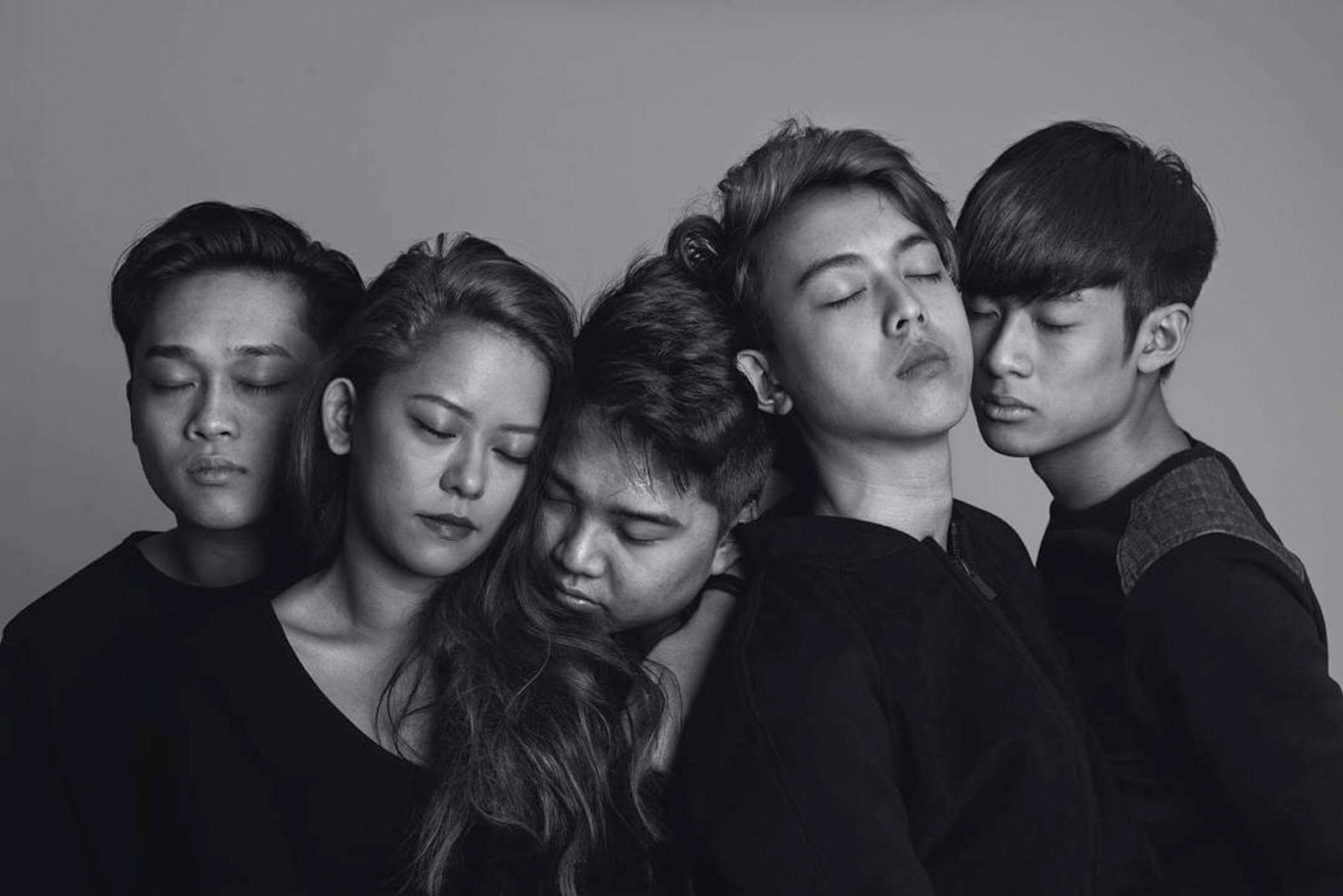It goes without saying that photography or any other art form has no gender. Yet while more and more women photographers are working alongside their male colleagues and telling impactful stories, their representation in the media is still few and far between. A quick search of “Vietnamese female photographers” on google shows few, monotonous results that tend to focus on the photographers’ appearances.
In response to the recent incident of 32 Nikon ambassadors being all men, I have reached out to 5 Vietnamese female photographers working around the globe to ask about their photography journey and their experience in a formerly male-dominated profession. They work in different fields and pursue various topics, some portray the consequences of war, some cover latest current affairs, some travel far and wide in search of beauty. This is by no means an exhaustive list but chosen based on their varieties of practices that indicate the existing preoccupations in photography right now.
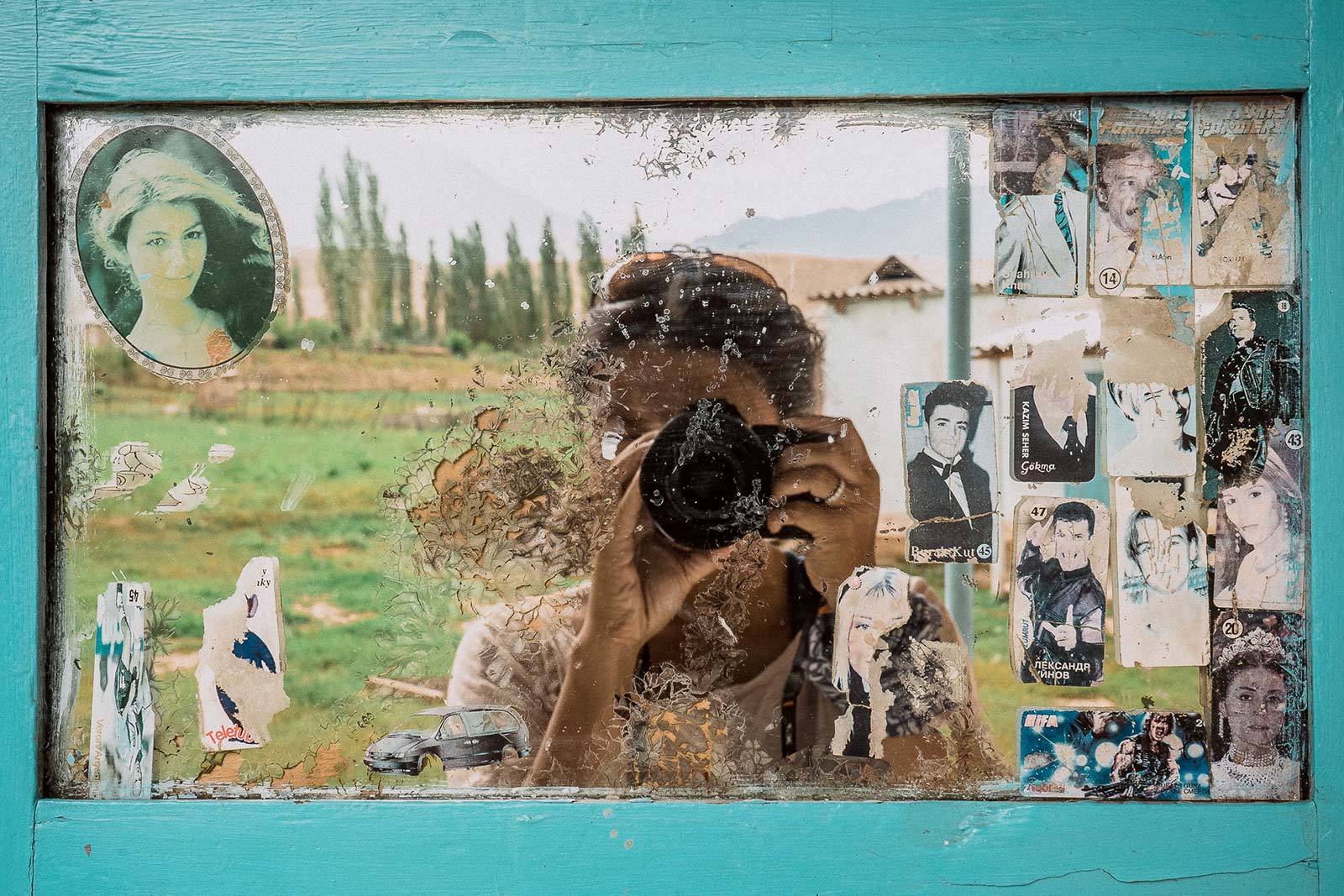
Maika Elan – Documentary Photographer, HCMC, Vietnam
I myself don’t often think about the fact that there are more men in the photo industry. But from my own experience, the ratio of female participants in a workshop I joined in Malaysia back in 2008 is 4/30. In 2010, the ratio in IMMF workshop in Vietnam is 3/30 and in Angkor Photo is 5-6/30. But Joop Swart Master class in 2013 has an equal number of female and male participants, and the number of females have exceeded males in the class in 2015. It means that there are more and more female photographers. In the amateur environment, men often outnumber women but that does not actually apply to the professional environment. I think among the younger generation working professionally today, there is not a distinctive disparity.
Modern women may have different responsibilities other than work but I think they have their own choice and these responsibilities do not limit them. For me, when having a baby and thinking that to take care of my kid is more fun and important, it becomes my priority. Nobody forces me to sacrifice my career. But that also depends on your departure point. It will be much more easier to pursue your dreams when you are still young than when you already have a family.
Obviously we need women’s perspectives and they always have a say. But I never care about someone’s work because the author is of a particular gender, because there are women who are very tough and men who are very romantic. Photography has always been genderless.
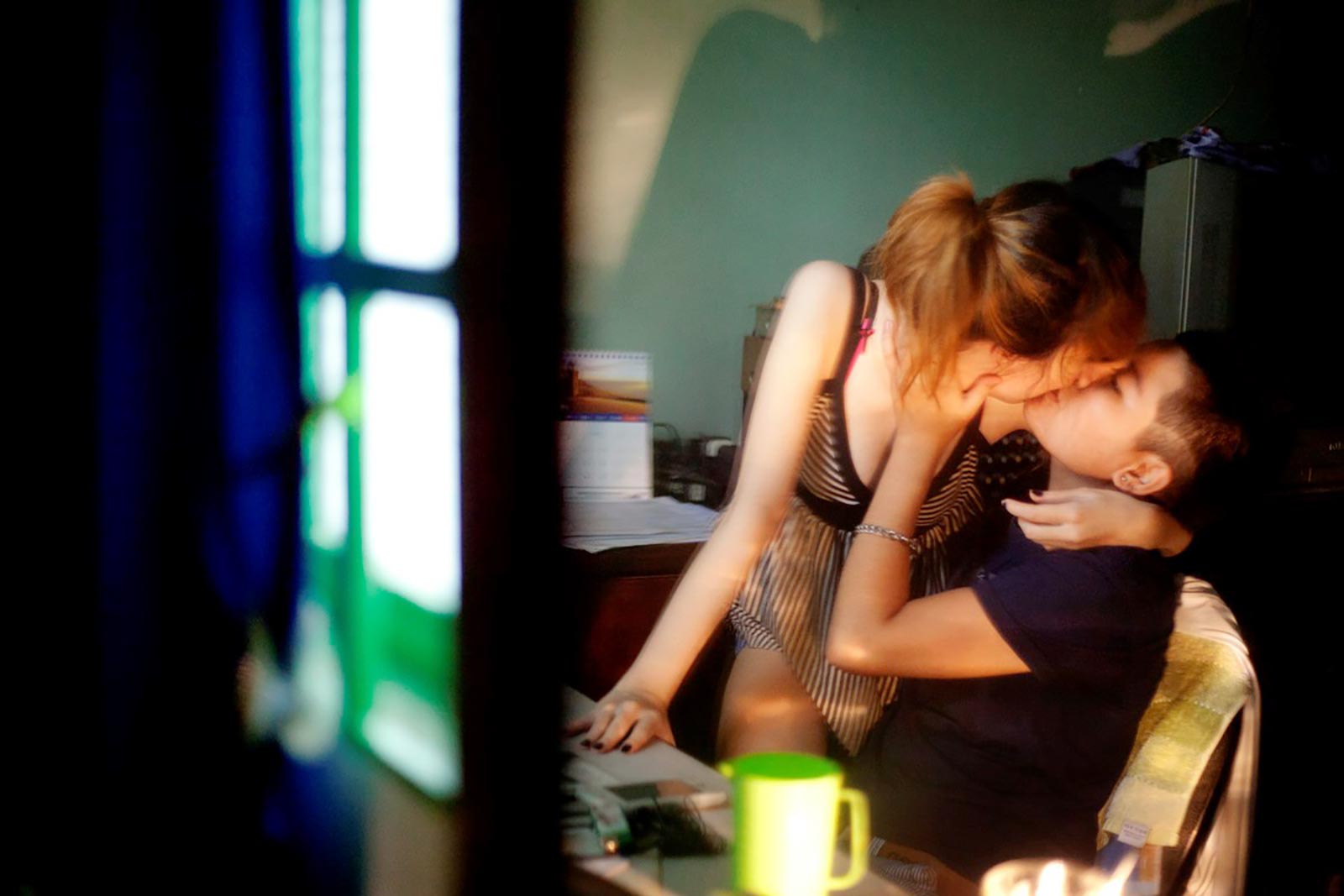
Virginie Nguyễn Hoàng – Photojournalist, Bruxelles, Belgium
After realizing my first story about a Palestinian Circus in Palestine, I became convinced that my work would be to tell stories through my photographs. So far, I am still passionate about photojournalism. It’s not easy all the time, especially financially, but no matter what I don’t see myself doing something else.
I think the photo industry was dominated by males at the beginning like many other industries in the past. But step by step, we see more and more women working on the field and being awarded. Nevertheless, there are some areas where we do see more men than women, for example in breaking news photography. I think it’s because many women, myself included, are more interested in telling long-term stories in a documentary style. When I was covering news in Egypt, it was obvious that there were more men than women but the male colleagues were more trying to help me than anything else. On the field there shouldn’t be a question of gender, we are all working in the same “shit” and we should help each other out instead of putting a spoke in others’ wheels.
There are advantages and disadvantages of being a woman and the same for the men in photography. In conflict zones, there are times I’ve been rejected from covering the frontline as the soldiers didn’t want any woman by their side for cultural and religious reasons. Or in demonstrations in Cairo, sexual harassment happened to women very regularly. I almost never covered a protest alone and/or had to disguise as a man to cover it in order to protect myself. On the other hand, as women we can have access to things that men can’t. For example, in Arab countries, a woman can stay with a mother and her children without the presence of a man of the family. As I often work on families, it’s absolutely necessary to have this kind of access.
Having the voices of women storytellers is very important. As I said, many female photographers are working on long-term documentary projects about social issues that you won’t find in breaking news. Women are more sensitive to aspects that maybe men won’t think about, and there are stories about women done by female photojournalists that could not be told the same way by a male photographer. The photo industry should value women and men’s point of views as they both are important and complement each other.
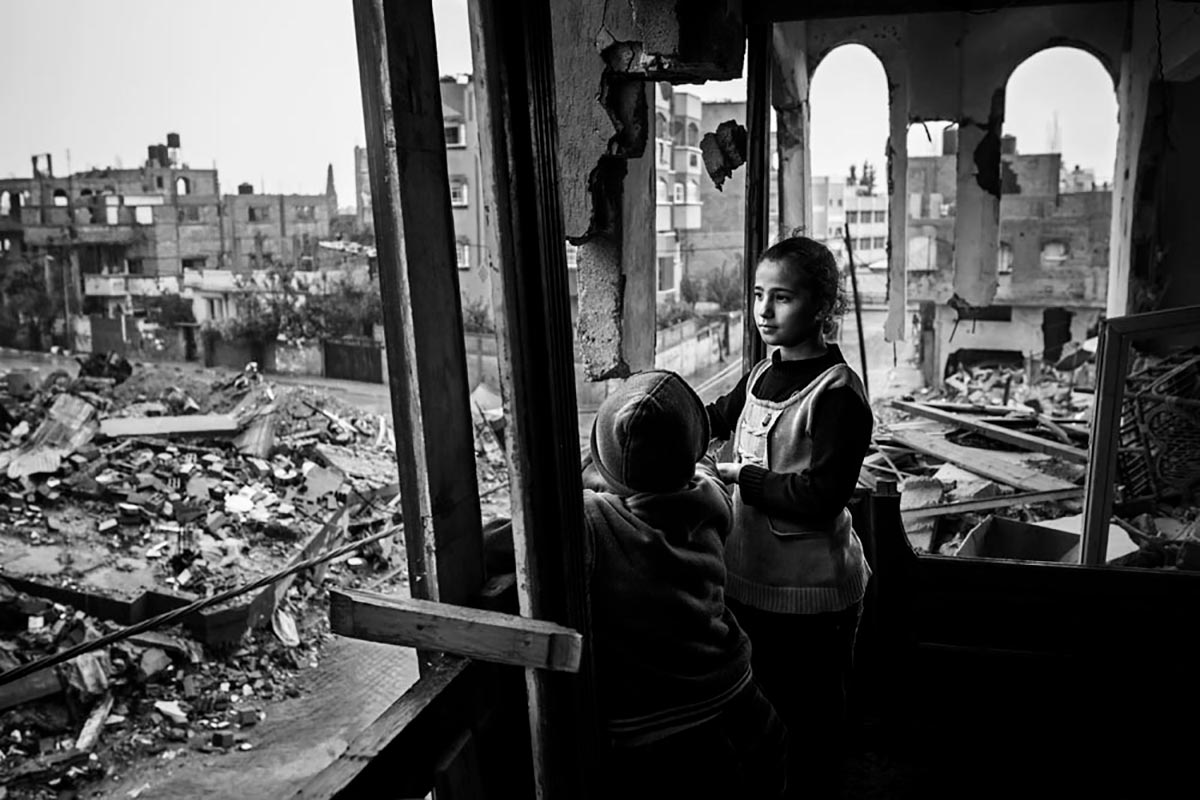
Lương Thái Linh – epa Photojournalist, Hanoi, Vietnam
In 2008 after graduating from University of Journalism and Communication, I by chance came across a calling for a photo assistant position by Julian Wainwright – then the chief photographer of epa (European Press Photo Agency) in Vietnam. After a year shooting and passing their examination, I became the official photographer for EPA in Vietnam and has been working there ever since.
I don’t think there are few women working in the field. My boss, the chief photographer of epa in South East Asia as well as one in China are all women. In Vietnam, although the number is lower but I myself know a lot of women working as professional photographers.
For me, being female has some disadvantages but there are certain advantages. For example, when working women are usually supported by their male colleagues and sometimes it’s easier when approaching subjects. I am lucky to have a husband who is also doing the same thing, he understands, empathizes with and also shares my work. Thus, I don’t see a big distinction between men and women especially in artistic endeavour like photography, as long as the authors are passionate about their work. The most important thing is their own emotions and creativity upon pressing the shutter.
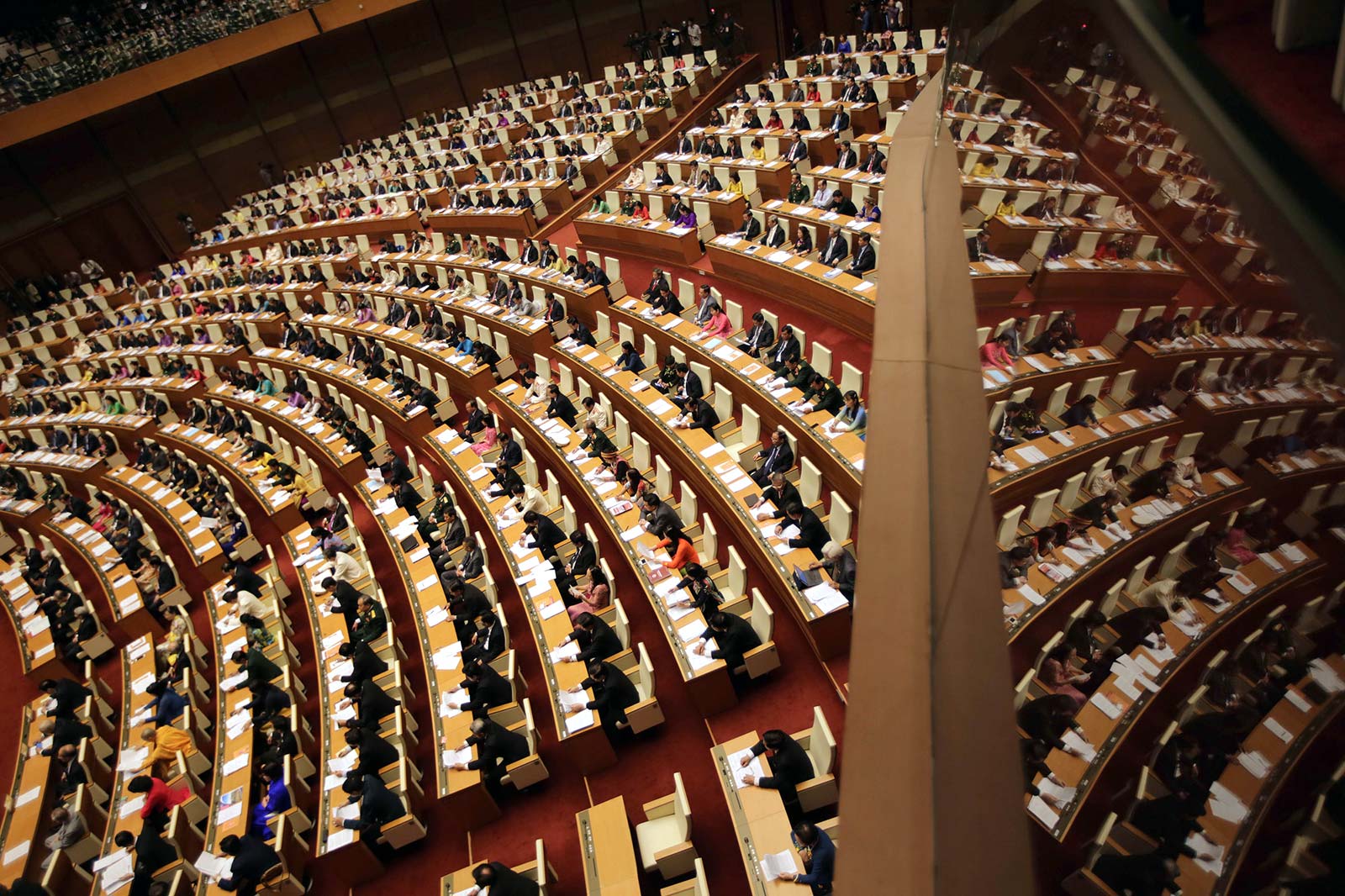
Nguyễn Quỳnh Anh – Travel Photographer, Hanoi, Vietnam
In 2012 I first joined a trip to Northern India as a photographer. Perhaps that special journey has pushed me to invest more thinking and seriously equip myself with photography knowledge. I don’t want to bring back postcard, souvenir kind of images, I want them to evoke the aura of those who I have met, the conversations we had, the atmosphere of the land I have passed, my emotions when seeing these landscapes without distorting their naturally majestic beauty. From then on, I arranged my jobs so that I could come closer to photography as a profession.
I consider photography as a profession, in the sense that I am serious with it. However, I think that can also hinder me from seeing photography as a means of financial support. In travel photography where the “clickbait” factor plays a big role, I am afraid that one day I will have to commercialize my work to cater to the market, so I can continue to pursue photography. I guess it’s also a concern of many others.
Moving to new places and meeting new people is quite challenging sometimes, especially for a shy and introverted person like me. Photography has forced me out of my comfort zone to explore new things about the world and myself. With travel photography, being a woman can pose a few barriers, as I have quite a small physique. Most of the challenges involve safeguarding myself and the equipment when traveling alone, or taking care of my health when carrying heavy equipment. However, these issues can totally be avoided beforehand, yet sometimes I also wish that I were born a man. (laugh)
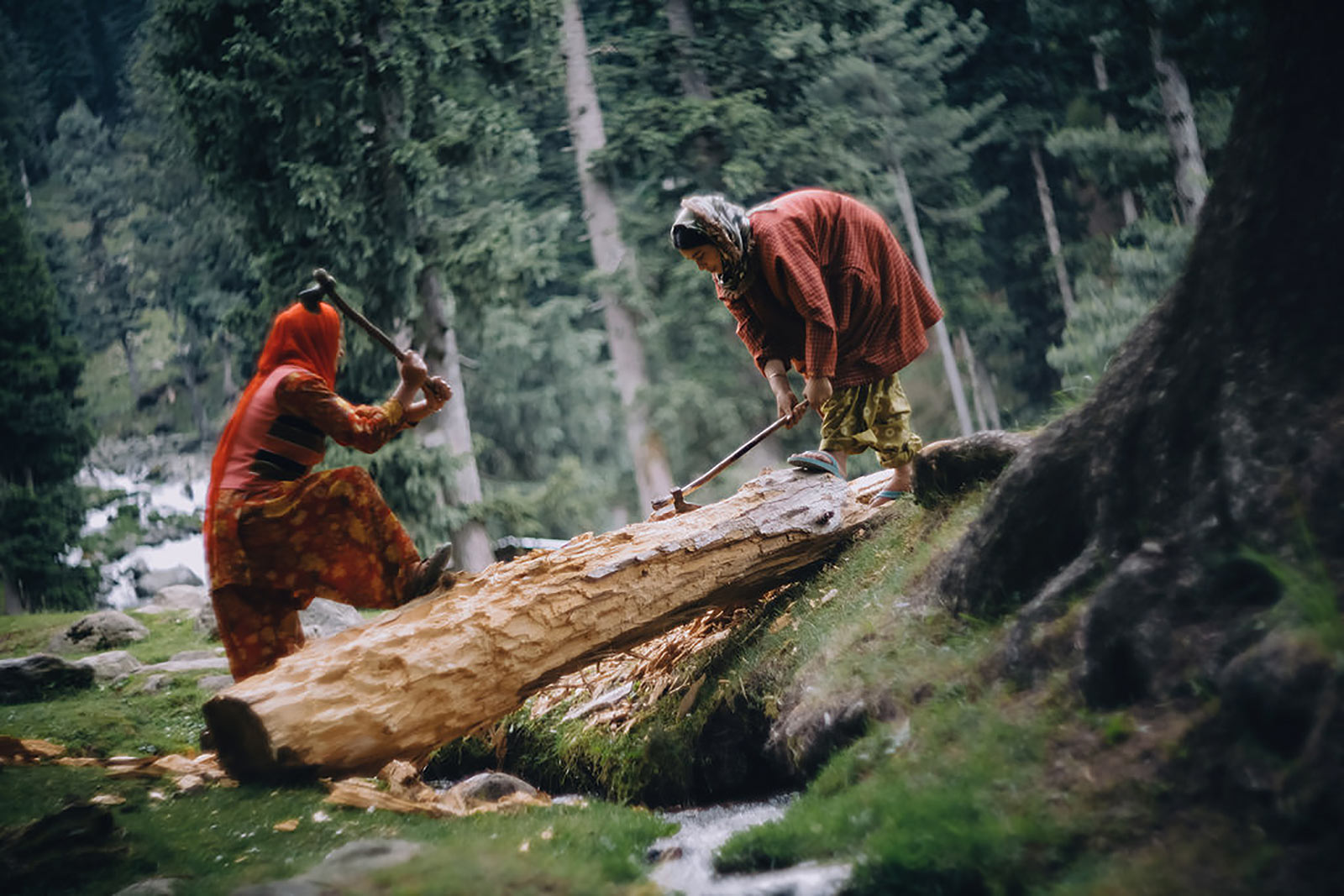
Fungi (Phương Trần Minh) – Freelance Photographer, Berlin, Germany
So far, my photography journey has been extremely interesting and challenging in a mainly positive way. I am happy that I live on being creative, tactical, humane, on being and becoming me.
I believe that female photographers of prior generations had to struggle way harder to get respected and their concerted effort has paved the ways for future female generations. Recently in the West, photographers of genders other than male is emerging in a noticeable pace. However, while there is an increasing number of female talents in the industry, their representation is still not equal to their male colleagues.
Until now, I personally did not notice disadvantages of being female, but I know that others have experienced them. When I’m shooting reportages/documentaries and portraits, I feel respected, taken seriously and less perceived as an intruder of social structures or comfort zones where I am the stranger. But the prejudice may affect more agencies and editors, the ones who decide who is going to get a wider audience. Commercial photography is still male-dominated due to deep-rooted norms, while obviously ladies can take responsibilities for big budget shoots too.
Personally, I don’t emphasize my femininity nor is it standing in the foreground of my work. In other words, being female is just one small piece of the big cake of my personality. The quality of visual poetry – like a heartbeat – is not categorized by gender, it evolves from the ability to express and perceive profound feelings on both sides, the creator’s and spectator’s. Work is neither female nor male, it just has to be done.
